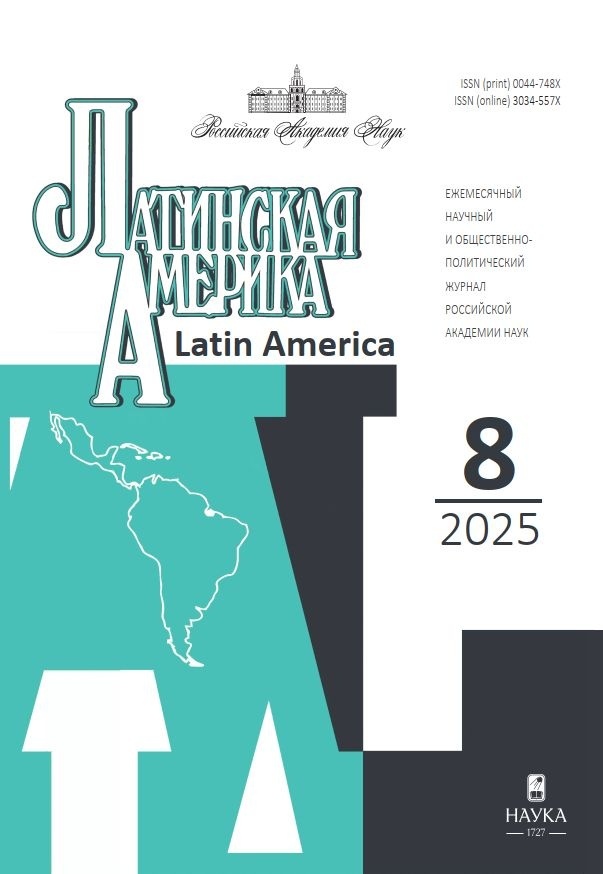The role of the Council of Ministers in Spain during the first Francoism (1939–1957)
- 作者: Filatov G.1
-
隶属关系:
- Institute of World History of the Russian Academy of Sciences
- 期: 编号 8 (2025)
- 页面: 77-88
- 栏目: Iberian aspect
- URL: https://rjdentistry.com/0044-748X/article/view/691052
- ID: 691052
如何引用文章
详细
The article examines the role of the Council of Ministers in Spain during the period of early Francoism (1939–1957). The author analyzes how the dictator, despite formally holding absolute power, maintained a balance among various political groups (the Falangists, Carlists, Catholics, Monarchists) through the distribution of ministerial portfolios and the structure of the state apparatus. Particular attention is given to the functions of the government as a tool for elite control, the neutralization of opposition, and the creation of the illusion of participation in power. Drawing on legislative acts and ministers’ memoirs, the study reveals the contradiction between the formal centralization of authority and the practical autonomy of individual ministries.
作者简介
Georgy Filatov Filatov
Institute of World History of the Russian Academy of Sciences
编辑信件的主要联系方式.
Email: georgefilatov@gmail.com
ORCID iD: 0000-0001-5964-2209
俄罗斯联邦, Leninsky Prospekt 32A, Moscow, 119334
参考
补充文件








